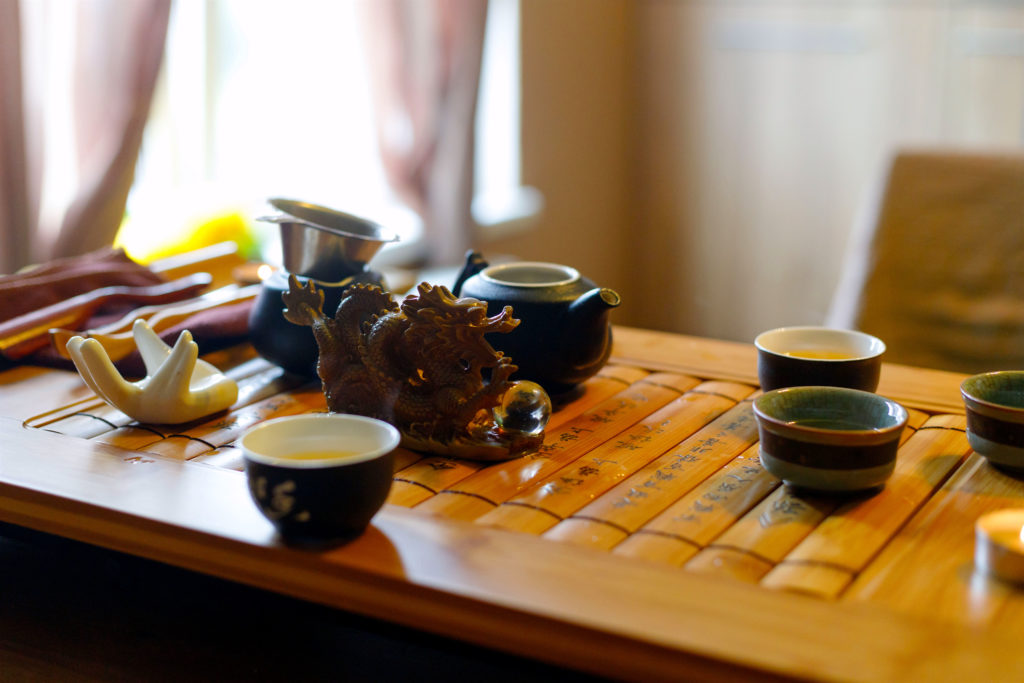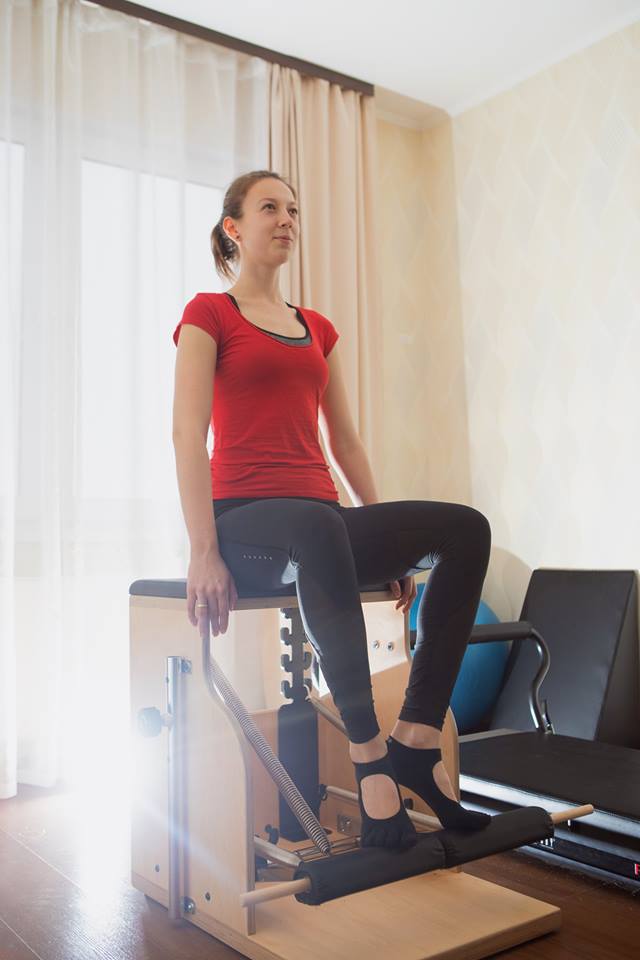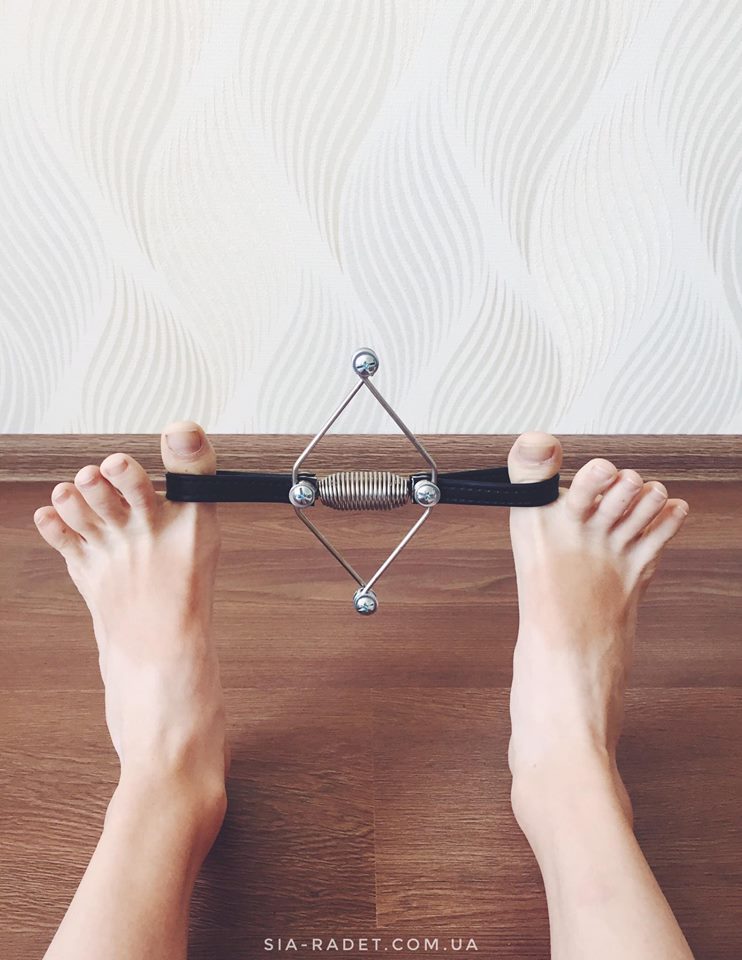How Chinese tea improve health?

The first mention of Chinese tea dates back to the period of 5,800 years ago. Tea is mentioned in the Shen Noon tractate “Trunks and Grasses” (“Shen Nun Bao Cao Jing”). According to one of the legends, Shen Nun tried various plants and observed their actions because he had a transparent stomach. Once he used 100 different herbs and 72 poisons for one day, then fell under a tree, unconscious. At that time, the dew rolled from the leaf, fell into his mouth and revived him. Waking up, Shen Nun turned his gaze to this plant, which was a tea tree. So he came to the conclusion that tea removes poisons from the body.
The heyday of the tea tradition is associated with the era of the Tang Dynasty. In that period the first book on tea appeared, the tractate “Cha Ching” (“The Canon of Tea”). Author Lu Yu described the geography of tea growth, the methods of growing and processing tea, technique of the tea ceremony, including a description of tea utensils. In the “Canon of Tea” tea is presented as a way of spiritual practice. The author himself warns that “if you drink tea for a long time, you’ll take wing.”
Today China produce tens of thousands of varieties. One of the most common classifications divides tea into groups, depending on the degree of oxidation and / or fermentation. According to this classification, teas are divided into six main groups: green, white, yellow, red, oolong and puer.
Tea is a drink that has managed to preserve its identity throughout history. Using high-quality Chinese tea by the ancient method of strait, you increase the duration of your life. Longevity studies have revealed that 40% of people who have lived to 100 years old consider their addiction to good tea to be the key to longevity; 80% of old people of this age noted that they regularly drink tea.
So what is Chinese tea useful for?
- Quality Chinese tea raises the level of vivacity and energy. Unlike coffee, which, creating a heavy load on the heart and causing irritation in the stomach, first activates the body’s forces, and after several hours causes a severe decline, tea acts very gently
- Quality Chinese tea normalizes digestion and metabolism.
- Quality Chinese tea removes toxins and toxins from the body. Tea polyphenols of red tea are able to absorb heavy metals and alkaloids, precipitating and splitting them
- Quality Chinese tea increases immunity and promotes recovery. In Chinese tea, a large number of polyphenols, which stimulate the antioxidant properties.
- Quality Chinese tea helps to reduce lipids and blood sugar, because it contains lipopolysaccharides, which help reduce blood sugar.
- Quality Chinese tea balances the nervous system. Not only thanks to chemicals, but also to the fact that the tea ceremony calms the mind and establishes a deeper connection with people who share a tea party with you.
To make good tea you need to have:
- good water;
- good tea;
- good dishes.
People who suffer from disorders of the nervous system and diseases of the cardiovascular system should be attentive and moderate in the use of tea. Strong tea is not recommended for drinking on an empty stomach. The use of strong tea before going to bed can cause a problem with falling asleep. Strong teas are ideal for the morning, so you can enjoy the state of mind throughout the day.
To sum up, I will share the experience of our family tea tradition. Tea has become a regular good friend of our house, who comes to us with gifts. I can say that it positively affects my body: it removes toxins from the body, increases resistance to diseases, strengthens teeth and heart, promotes energy increase, improves the quality of all physical and meditative practices.Each person, carried away by tea tradition, will find in it the depth.
The first cup moistens my mouth and throat.
The second cup breaks my loneliness.
The third cup finds in my brain five thousand volumes of ridiculous hieroglyphs.
The fourth cup causes sweating – all the bad things in life go out through my pores.
On the fifth cup I’m clean.
The sixth calls me up into the realm of the immortals.
The seventh cup – and I’m leaving on the breath of a fresh wind!
– Liu Tong, Chinese poet of the VIII century. “Seven cups of tea”
The author of the article is Anastasia Vekua.









